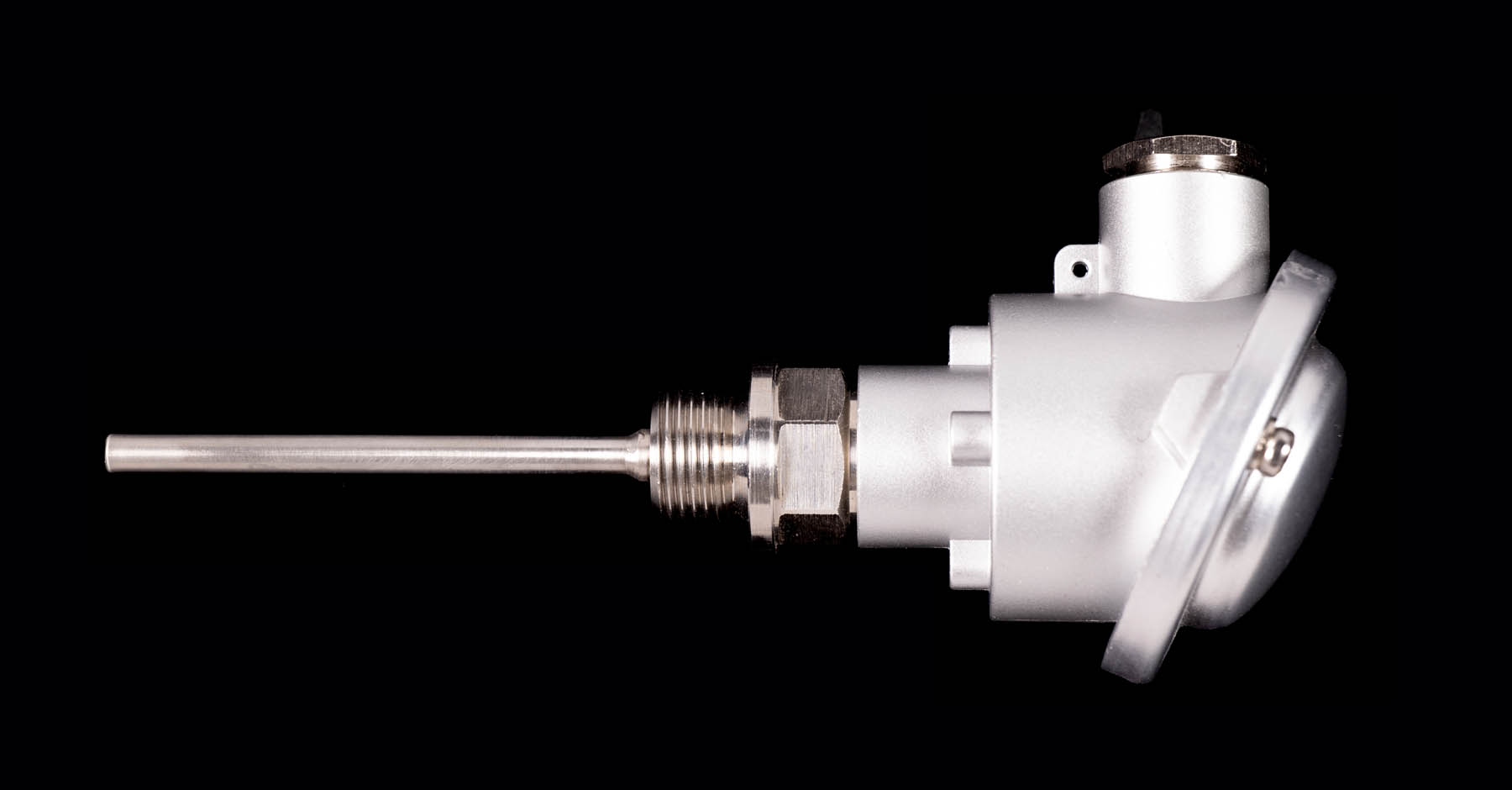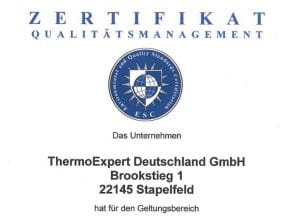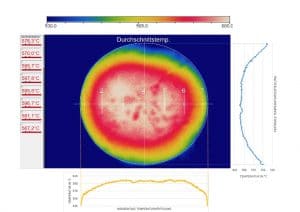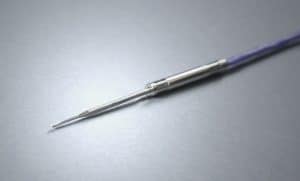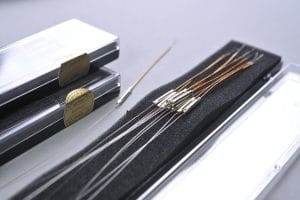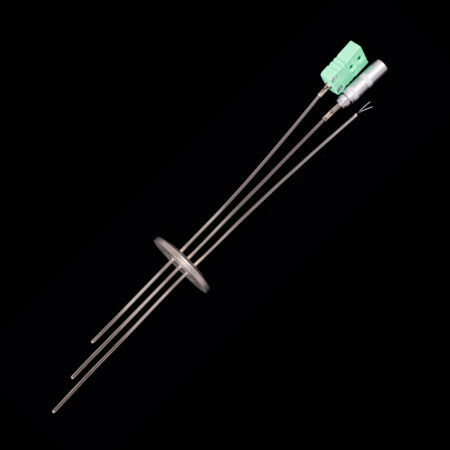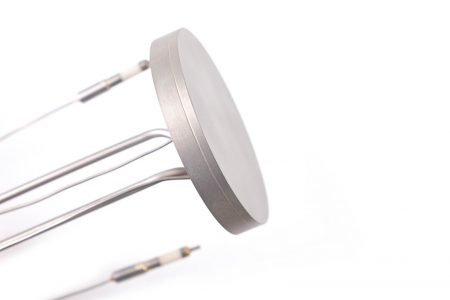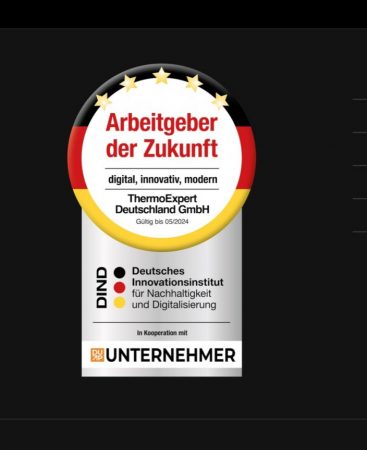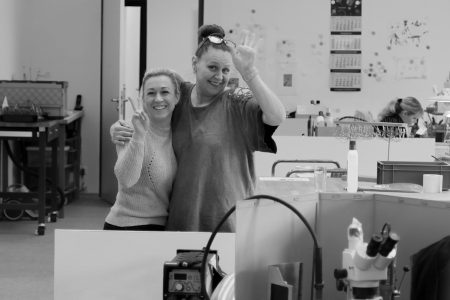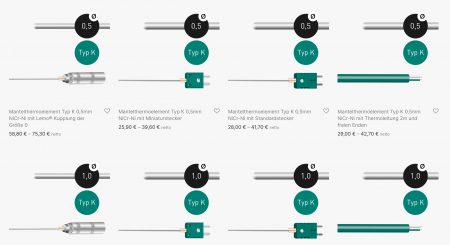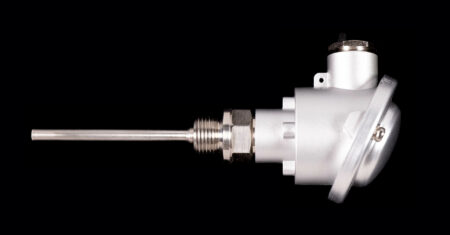In order to measure temperatures accurately, reproducibly and with long-term stability, platinum resistance thermometers (PT100) can be used in addition to sheathed thermocouples. To make the right choice, it is important to check your requirements in terms of accuracy, long-term stability and temperature range, as well as the ambient conditions. ThermoExpert Germany has been advising its customers for over 10 years and can find a technical solution for every challenge. We would be happy to advise you too - contact us at any time, e.g. via our chat function on the website.
Get an initial overview of the most important differences and functions of thermocouples and resistance thermometers:
Thermocouples
- In general, thermocouples are measured using two wires (thermocouple)
- Can be used at higher temperatures Type K up to +1,200 degrees, Type J up to + 800 degrees
- does not exhibit self-heating
- Very robust against vibrations
- Better up to eight times faster response time
- More robust and less sensitive to mechanical stress
- Very small sensor areas possible
Resistance thermometer PT100
- With resistance thermometers, the temperature is measured using a corrosion-resistant platinum sensor.
- measures in the temperature range from -200 to 650 degrees
- Effects of self-heating must be tested
- Relatively sensitive to vibrations
- measures more accurately than a sheath thermocouple
- Platinum reduces the risk of contamination through oxidation
- High reproducibility of the measured values
- generally more cost-effective
Do you need a special thermocouple or a resistance thermometer? We produce for you in Germany, individually according to your requirements from one piece.
